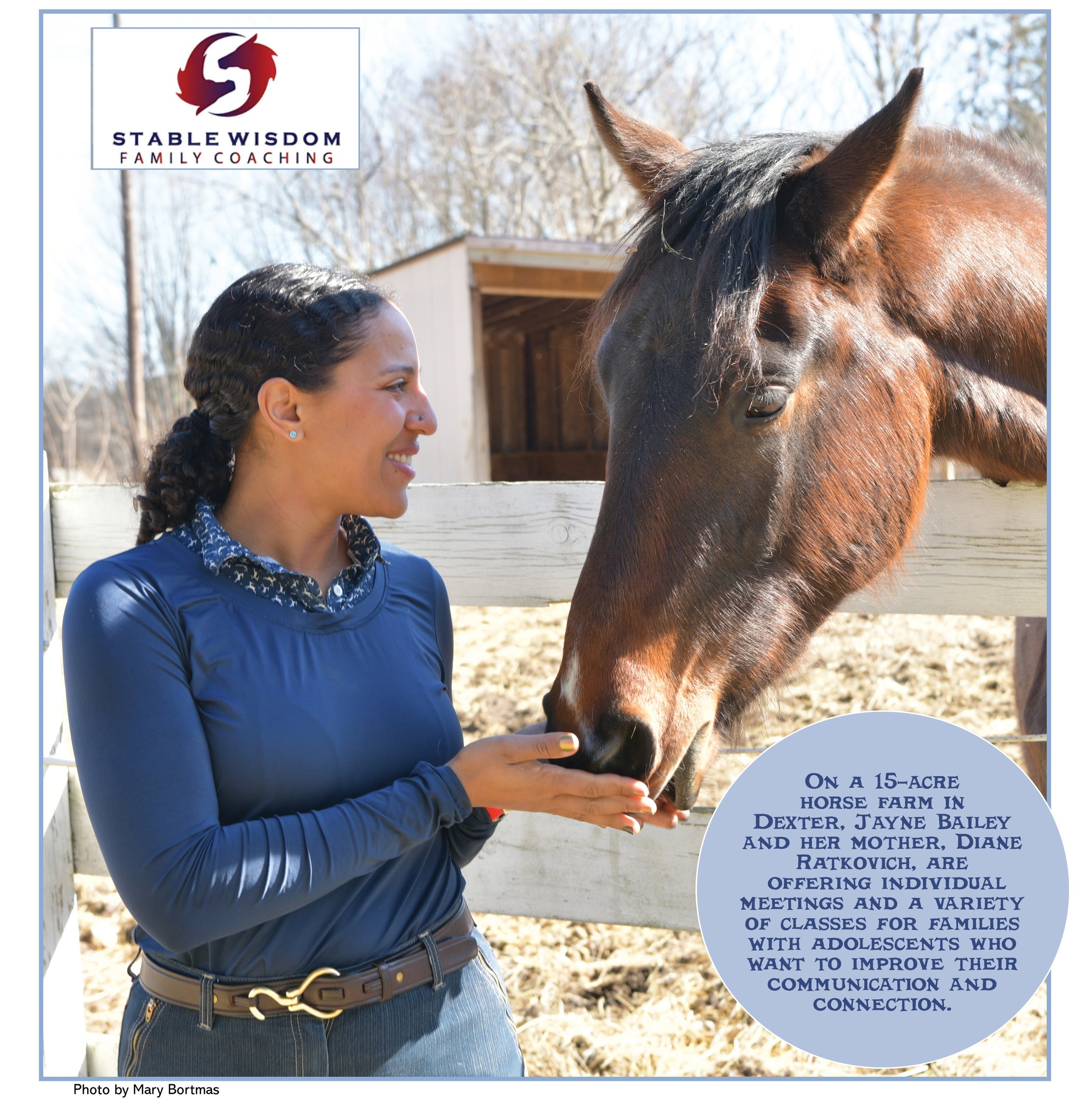by Nawal Motawi, Owner and Artistic Director, Motawi Tileworks
Creating a healthy business culture with engaged employees is possible. Clarity of purpose, real care for the people involved, clear expectations and persistence can get you there. The bad news: it is hard. But the good news is that work is much more fun when approached this way.
Purpose
Building a business with a healthy culture starts with purpose. Humans generally want to be part of something meaningful. We want to feel that our work makes the world a better place. Have we all heard the tale about the two bricklayers working on the big church? When asked what they do for a living, the first one says, “I lay bricks.” The second one says, “I’m building a cathedral.” Which one is more engaged?
Making the owner or shareholders rich is not a compelling purpose. Neither was my original purpose for Motawi Tileworks, which was simply to earn a living making tile I was proud of, in a manner consistent with my values. I didn’t want to work for anyone else and I wanted to pit my best thinking and effort to thrive against an indifferent marketplace.
Despite a somewhat murkily defined purpose, Motawi Tileworks earned a reputation over the years for making beautiful tile. The company looked great from the outside, but the inside was not so good. As we evolved from survival mode to thriving mode, choices and changes were necessary. These included alterations to the leadership team and business strategy, and the adoption of a more defined set of shared beliefs we call the Motawi Mojo Manifesto. The format is based on the Planbook concept from Patrick Lencioni’s excellent book, The Advantage: Why Organizational Health Trumps Everything Else in Business. Motawi’s manifesto guides employee decision-making at all levels and is the most fundamental declaration of our purpose (to enrich the world with beautiful products and healthy business practices) and expectations.
Caring
You must care about your people to get real engagement from them. What does this look like? Caring means getting to know about your employees’ lives apart from work. It means valuing differences between people and managing and rewarding in ways that are meaningful to each person specifically.
At The Tileworks, caring means big company benefits like health insurance and vacation pay, and small company benefits like gift certificates to our gallery and monthly Cake Day. It also means allowing employees to use paid time off when their loved ones need care during the workday (without fear or penalty).
These days, the culture at the Motawi companies is as marvelous as the tiles. It’s not perfect, but we are in maintenance mode, which is about intentionality and consistency.
Consistency and Persistence
According to another Lencioni book, The Four Obsessions of an Extraordinary Executive, the four most important things a leader can do are establish a cohesive leadership team, create clarity, over-communicate clarity and reinforce clarity.
Our clarity is our defined set of shared beliefs, the Motawi Mojo Manifesto. To embed these into our company DNA we use multiple communication modes regularly and will do so forever: posters on the walls, notes with paychecks, stories read aloud, emails, mojo contests - anything memorable and fun will work. When your employees start sassily parroting your manifesto back to you, then you know it has sunk in!
A company’s purpose must also be reinforced by actions – especially the big, hairy, hard stuff: hiring, firing, rewarding and coaching. We take incredible pains to hire the right kind of people. We want people with drive, who work hard, who have some humility and who can get along with other people. We are intentional about rewarding behavior consistent with those values, and not just with pay raises. At our weekly all-staff meetings, we set aside time for employees to publicly thank each other and nominate each other to receive gas money for doing things that go beyond the call of duty. Additionally, Motawi’s bonus program rewards all employees equally when our financial goals are met.
How do you know if your efforts to build an intentional culture are working? You will be making enough profit, retaining great employees and having fun! As we say at Motawi Tileworks, it’s fun to be good.
Related Content:





























































































































































































“Operate from a position of generosity and humanity. Watch how it benefits your business.” This simple statement is key to the working philosophy of Phillis Engelbert, owner of the Detroit Street Filling Station, North Star Lounge, and The Lunch Room Bakery & Cafe in Ann Arbor. The concepts of generosity and humanity might not be the most common buzz words in today’s business culture, and her central tenet doesn’t come without a cost—but that is not what concerns Engelbert. She recommends it for reasons that transcend the financials.